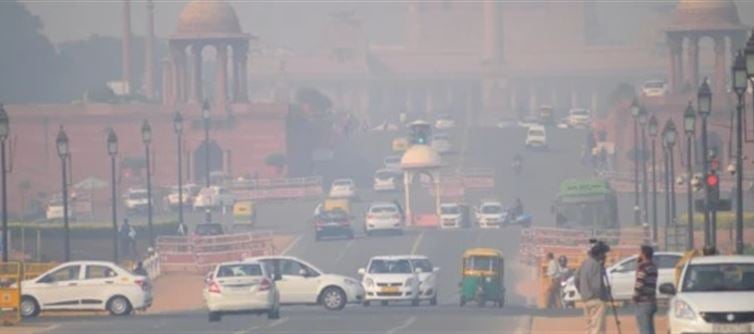
cancer in india has long been linked to tobacco, diet, and genetics. But now, a silent, invisible killer is rapidly reshaping the nation’s health crisis: air pollution.
From toxic city smog to smoke from rural cooking stoves, environmental pollution is quietly fueling a new wave of cancers, especially lung cancer. Alarmingly, many victims are non-smokers, women, and younger patients—a demographic previously considered low-risk.
With winters and festival-related firecrackers approaching, india may soon witness an even sharper surge in cancer cases, making pollution not just an environmental issue, but a public health emergency.
1. 1.4 Million New cancer Cases Annually
india records more than 1.4 million new cancer cases every year, projected to rise to 1.57 million by 2025.
A major driver? Air pollution is silently increasing cancer risk even among non-smokers.
2. Non-Smokers Are Dying Too
Doctors are seeing more women and younger patients developing cancers that were once mostly confined to smokers or the elderly.
Pollution exposure—both indoor and outdoor—is emerging as a key culprit.
3. PM2.5: The Invisible Assassin
Urban air routinely exceeds safe particulate matter (PM2.5) limits, causing:
4. Global Perspective: air pollution Kills
According to the WHO (2022), 29% of all lung cancer deaths worldwide are caused by air pollution.
India’s cities rank among the worst, making this a national emergency.
5. Festivals and Winters Make It Worse
With firecrackers, crop burning, and winter smog, air quality worsens drastically in Delhi-NCR and other urban centers.
The risk of lung cancer spikes, and public health infrastructure remains unprepared.
6. Not Just Urban India
Rural households using traditional stoves are also at risk. Indoor smoke exposure is increasingly linked to cancers previously thought to be “urban-only.”
7. Doctors Warn: Act Now
Dr. Shirish Alurkar of HCG Aastha cancer Centre warns that urgent policy intervention is needed. Clean air, regulation of emissions, and public awareness can slow down this silent epidemic.
🔥 Final Word:
The air Indians breathe is no longer just polluted—it’s poisoned. With non-smokers dying, young patients affected, and cancer rates soaring, ignoring pollution is ignoring the fastest-growing health crisis of our time.




 click and follow Indiaherald WhatsApp channel
click and follow Indiaherald WhatsApp channel